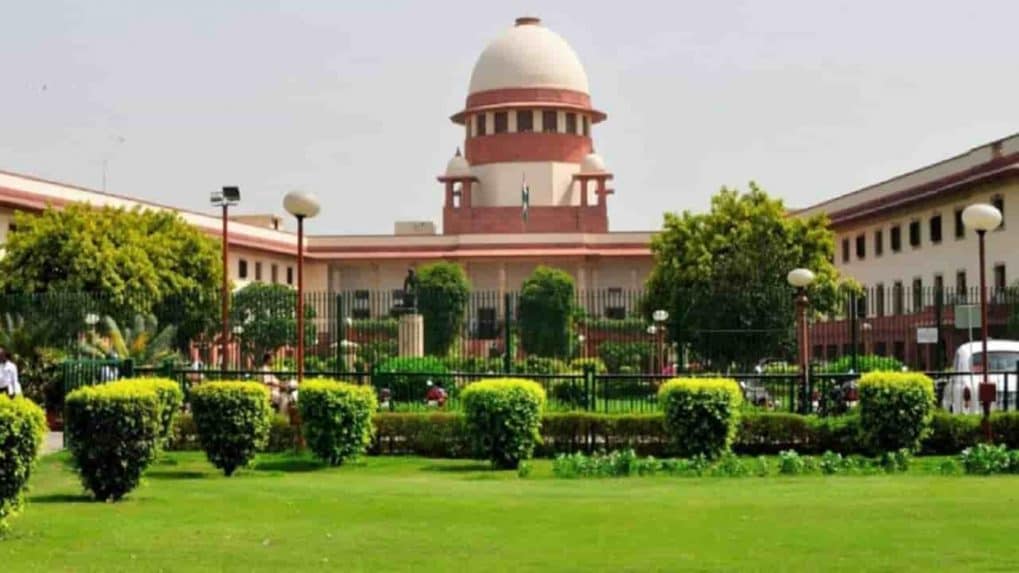How it Works
WPP, Havas, Omnicom: Are advertising’s biggest holdcos recasting agencies as AI Operating Systems?

In a comprehensive rejoinder submitted to the Supreme Court, the State of Karnataka has strongly defended its 2021 amendments to the Karnataka Police Act that prohibit online betting and wagering, asserting that such regulations fall squarely within the constitutional remit of the states.
The rejoinder comes in response to challenges posed by the All India Gaming Federation and other petitioners who argue that the Act is unconstitutional and that only the Union government can regulate online gaming under Entry 31 of List I.
Represented by Additional Advocate General Prateek Chadha, Karnataka’s submission challenges the respondents’ reliance on Entry 31 of the Union List—which covers telecommunications and other forms of communication—to argue that the state law is unconstitutional.
The state counters that regulating betting and gambling, including online formats, is well within its powers under Entry 34 of the State List, and accuses the petitioners of misinterpreting the Constitution and presenting contradictory arguments.
Karnataka contends that the respondents’ argument—that online gaming falls under the Union’s jurisdiction due to its medium (the internet)—is legally flawed. If every activity conducted online was to be governed solely by Entry 31 (communications), it would render much of the State and Concurrent Lists redundant. The state uses examples such as online FIRs and e-commerce to underline this logic.
Applying this doctrine, Karnataka asserts that the primary focus of its 2021 law is the regulation of betting and gambling—a State List subject—even if the medium is digital. The state cites previous judicial precedents and the Law Commission’s 276th Report to support its legislative competence.
Karnataka argues that the Union’s IT Rules, 2021—which provide for a self-regulatory regime for online gaming—do not create an “occupied field” that would preclude states from legislating on gambling. It emphasized that online gaming and gambling are distinct policy areas and the mere notification of rules by the Ministry of Electronics and Information Technology (MeitY) cannot alter constitutional entries.
The rejoinder rebuts claims that the 2021 amendment targets only online gaming. It states that the law is applicable to both physical and online formats of gaming for stakes, and cites multiple provisions—including Sections 2(7), 2(12A), and 78(1)—to demonstrate that the Act comprehensively covers physical locations like gaming houses and cyber cafés.
Karnataka revisits the long-debated distinction between games of skill and games of chance. While acknowledging that games of skill may enjoy constitutional protection under Article 19(1)(g), the state argues that the act of betting on such games—regardless of skill—constitutes wagering, which states are empowered to regulate. The state emphasizes that the law targets the risking of money on the outcome, not the games themselves.
The rejoinder notes that the amendment was motivated by a growing concern over the addictive and financial harms of online betting, especially among youth. It references empirical studies and constitutional doctrines to justify the reasonableness of the restrictions under Article 19(6).
The state accuses the petitioners of shifting arguments—first insisting that games of skill are constitutionally protected and should not be regulated based on medium (online or offline), and now arguing that the online nature of the games puts them under Union jurisdiction. Karnataka says this self-contradiction undermines the coherence of the petitioners’ case.
Karnataka has urged the Supreme Court to uphold the validity of the Karnataka Police (Amendment) Act 2021, emphasizing that the law regulates betting and gambling regardless of the medium and seeks to protect vulnerable citizens from financial exploitation. The state has also challenged the suggestion that games of skill are immune from any form of regulation, arguing that even skill-based games can become gambling when played for stakes.
From purpose-driven work and narrative-rich brand films to AI-enabled ideas and creator-led collaborations, the awards reflect the full spectrum of modern creativity.
Read MoreThe Storyboard18 Awards for Creativity have unveiled a Grand Jury comprising some of India’s most influential leaders across advertising, business, policy and culture, positioning it among the country’s most prestigious creative award platforms.